Ancient Greece has long been a source of fascination, not only for its contributions to philosophy, art, and democracy but also for its many oddities that still baffle historians today. The achievements of this civilization shaped the foundation of the Western world, but beneath the surface of those remarkable feats, there are plenty of strange, and sometimes outright bizarre, aspects to uncover.
From impressive innovations to quirky traditions, Ancient Greece was full of surprising facts that make you look twice. While some of these discoveries are awe-inspiring, others leave us scratching our heads in disbelief. Here are 9 incredible truths about Ancient Greece, along with 9 that might make you wonder what they were thinking!
The Birthplace of Democracy
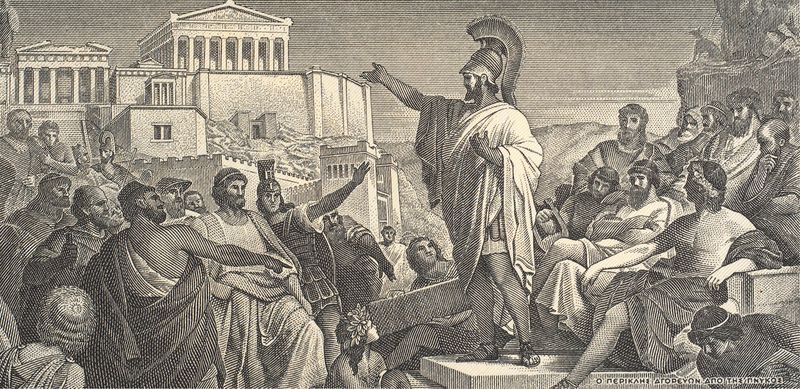
In 507 BC, Athens introduced the world to democracy, a revolutionary concept that allowed citizens to participate directly in decision-making. This early form of democracy was limited to free men, excluding women and slaves, yet it marked a profound shift in governance.
Decisions were made through a public assembly, where every eligible citizen could voice opinions and vote on matters. The leadership was chosen by lot, emphasizing equality among citizens.
This egalitarian system inspired political thinkers for centuries, laying the groundwork for modern democratic institutions and emphasizing the power of collective decision-making.
The Olympic Origins
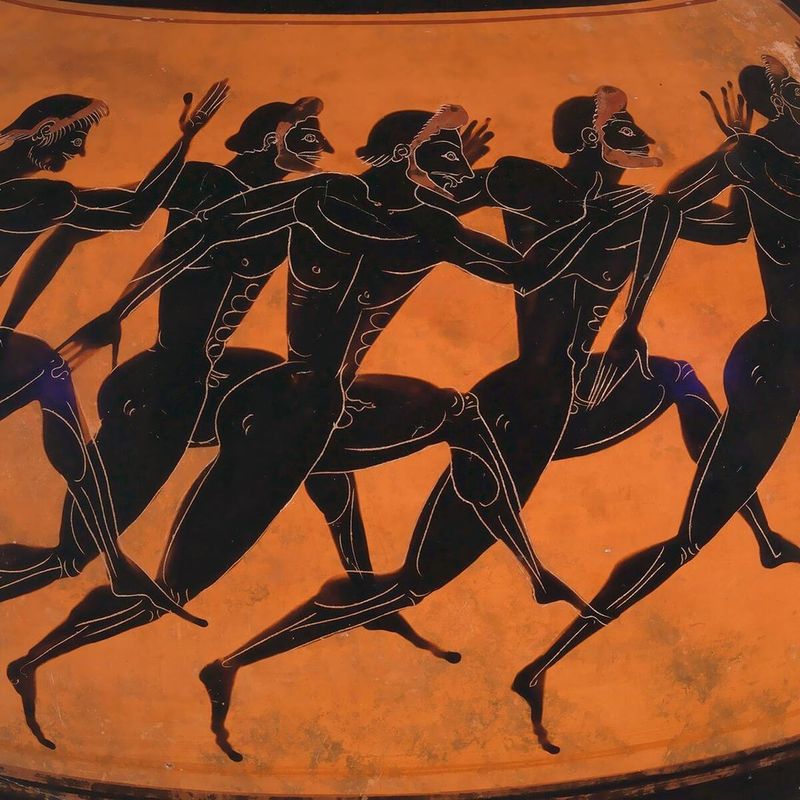
The Olympic Games began in Olympia in 776 BC, uniting Greek city-states in a celebration of athletic prowess. These games were held in honor of Zeus and featured events like running, wrestling, and chariot racing.
Participants competed nude, showcasing the human form’s beauty and strength. Victors received olive wreaths, gaining immense honor and prestige.
These ancient competitions fostered camaraderie and unity among rivals, setting the stage for the modern Olympics, which continue to symbolize peace and global cooperation.
The Greek Gods’ Quirky Family
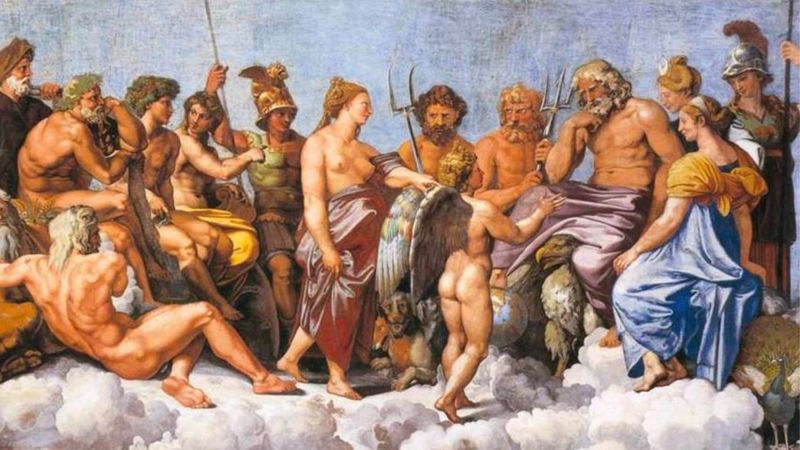
Greek mythology tells of an intriguing pantheon of gods residing on Mount Olympus. These deities mirrored human traits, exhibiting jealousy, love, and vengeance.
Zeus, the king of gods, wielded thunderbolts, while Athena, goddess of wisdom, emerged from his head fully armed. Their interactions often influenced mortal affairs, blending divine and human realms.
These myths were not mere stories; they shaped Greek culture, offering explanations for natural phenomena and moral lessons, while adding a layer of wonder to daily life.
Eccentricity of the Oracle of Delphi
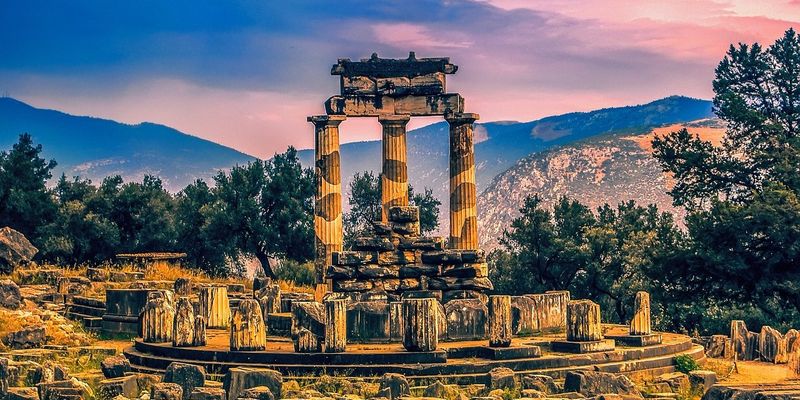
The Oracle of Delphi was a revered figure, believed to communicate Apollo’s will. Located on Mount Parnassus, the Pythia delivered cryptic prophecies that guided rulers and commoners alike.
Seated on a tripod, she entered a trance, inhaling fumes that allegedly triggered divine visions. Her ambiguous pronouncements required skilled interpretation, adding to the mystique.
The oracle’s influence was profound, reflecting the Greeks’ deep-seated belief in fate and destiny, where divine insights shaped critical decisions and societal directions.
The Ingenious Antikythera Mechanism
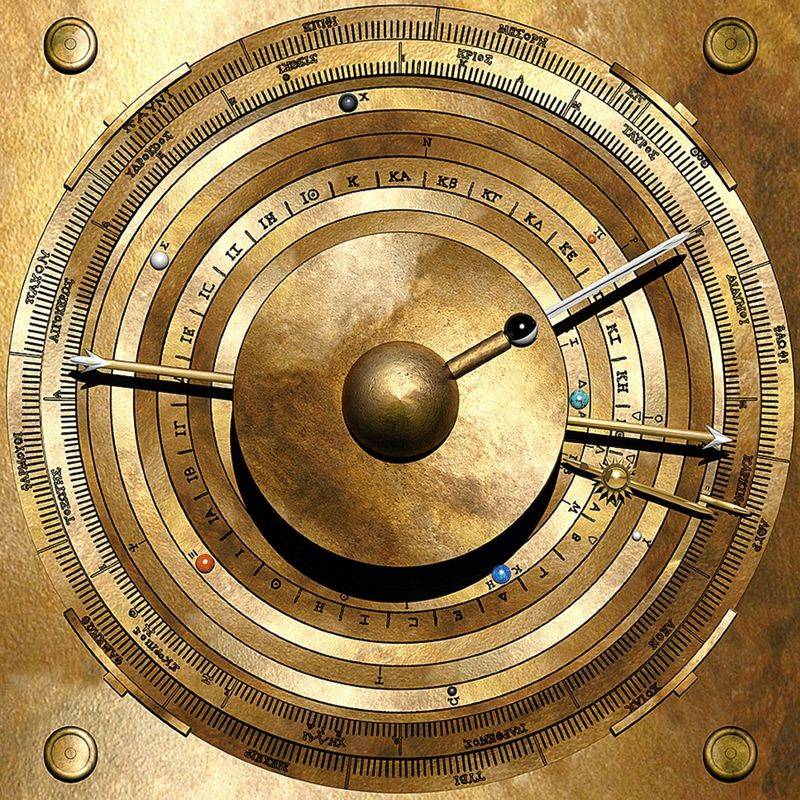
One of the most astonishing artifacts from Ancient Greece is the Antikythera Mechanism, an ancient analog computer used to predict astronomical positions and eclipses.
Discovered in a shipwreck in 1901, its complex gears astounded scientists, revealing advanced technological prowess.
This device demonstrated the Greeks’ deep understanding of astronomy and engineering, challenging assumptions about ancient technological capabilities and sparking curiosity about lost knowledge.
The Peculiar Fashion of Togas
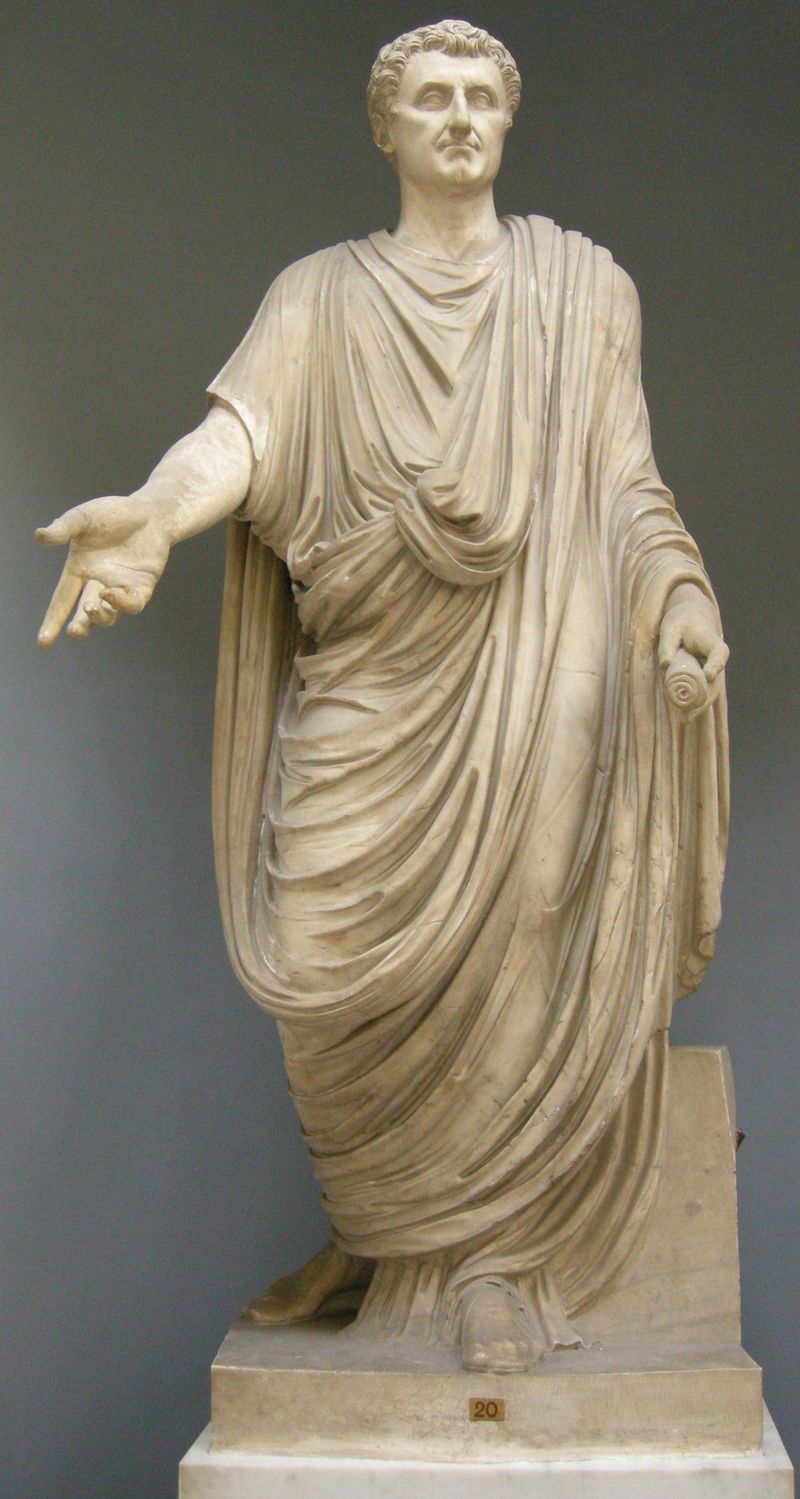
Though commonly associated with Romans, togas were also worn by Greeks, albeit with unique flair. Greek togas were more than garments; they were status symbols, indicating one’s social position.
Crafted from wool or linen, they varied in color and design, reflecting wealth and occupation. Draping techniques showcased artistry and elegance, making each toga distinctly personal.
This sartorial expression added a layer of sophistication to Greek society, blending fashion with identity in a visually striking manner.
The Bizarre Spartan Military Upbringing

Spartan society prioritized military excellence, beginning rigorous training for boys at age seven. This agoge system emphasized discipline, endurance, and loyalty to Sparta.
Young Spartans endured harsh conditions, with limited food and clothing, fostering resilience and survival skills. This upbringing created elite warriors, feared across Greece.
The emphasis on martial prowess over intellectual pursuits marked a stark contrast to other Greek city-states, reflecting Sparta’s unique societal structure and values.
The Curious Case of Pythagoras
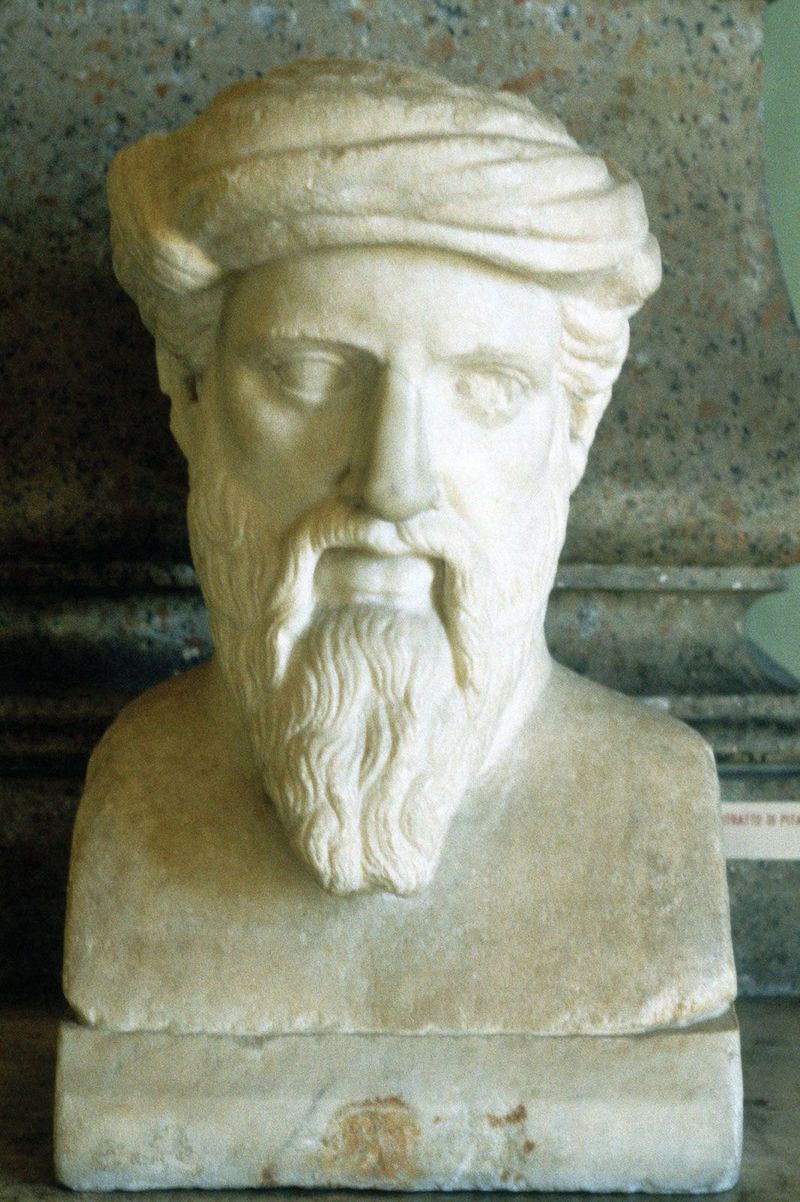
Pythagoras, a mathematician and philosopher, founded a religious movement that blended math with mysticism. Known for the Pythagorean theorem, he believed numbers held divine significance.
His followers adhered to strict rules, including vegetarianism and communal living, viewing mathematics as a path to spiritual enlightenment.
Pythagoras’ influence extended beyond geometry, shaping philosophical thought and inspiring future generations to explore the connections between numbers and the universe.
The Strange Laws of Solon
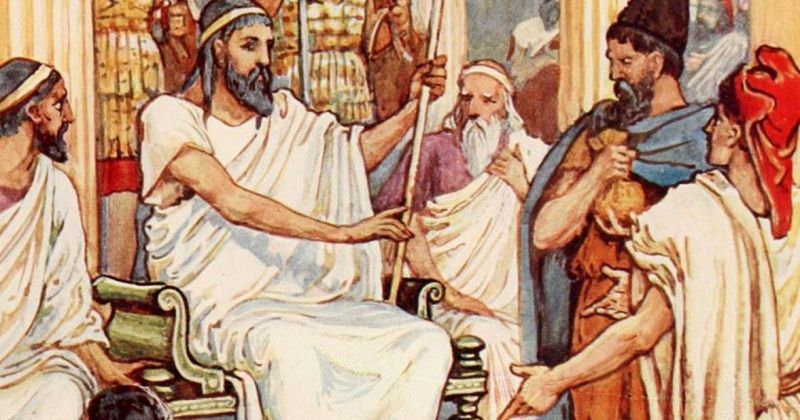
Solon, an Athenian statesman, enacted reforms that addressed social inequality and laid the groundwork for democracy. His laws were peculiar yet progressive, balancing power among classes.
He introduced measures to alleviate debt, encourage trade, and promote fairness, while banning practices like debt slavery.
Solon’s legal framework emphasized justice and equality, reflecting a visionary approach to governance that resonated through history, shaping political systems worldwide.
The Mystical Eleusinian Mysteries
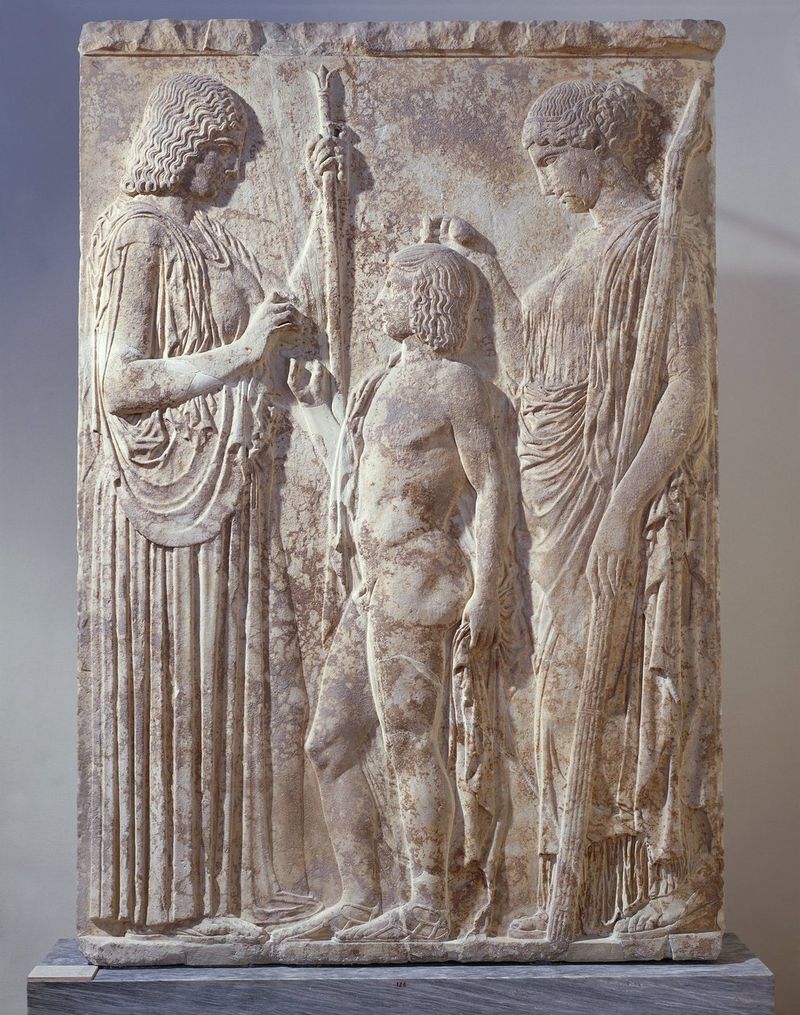
The Eleusinian Mysteries were secretive religious rites held in honor of Demeter and Persephone, promising initiates spiritual enlightenment and a glimpse of the afterlife.
Participants, sworn to secrecy, underwent rituals symbolizing death and rebirth, experiencing transformative visions.
These mysteries fostered a sense of community and spiritual connection, offering profound insights into life and death, and influencing religious practices across cultures.
The Complex Greek Language
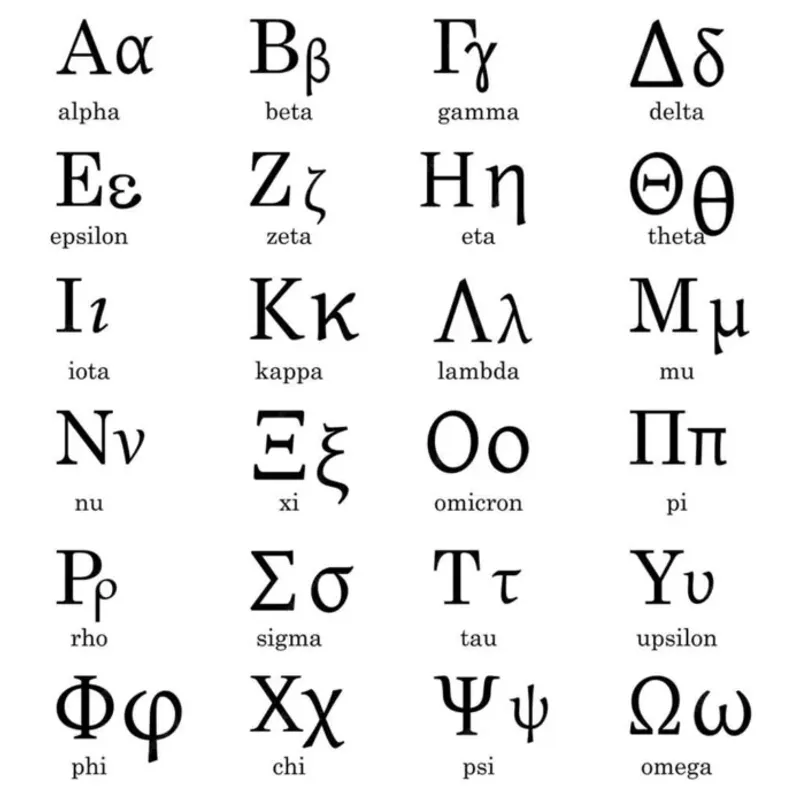
The Greek language, with its intricate alphabet and rich vocabulary, played a crucial role in culture and communication. Its complexity allowed for nuanced expression in literature, philosophy, and science.
The language evolved over time, influencing modern languages and enriching global lexicons with words like “philosophy” and “democracy.”
This linguistic heritage reflects the intellectual depth of Greek civilization, underscoring its lasting impact on human thought and communication.
The Luxurious Banquets of Sybaris
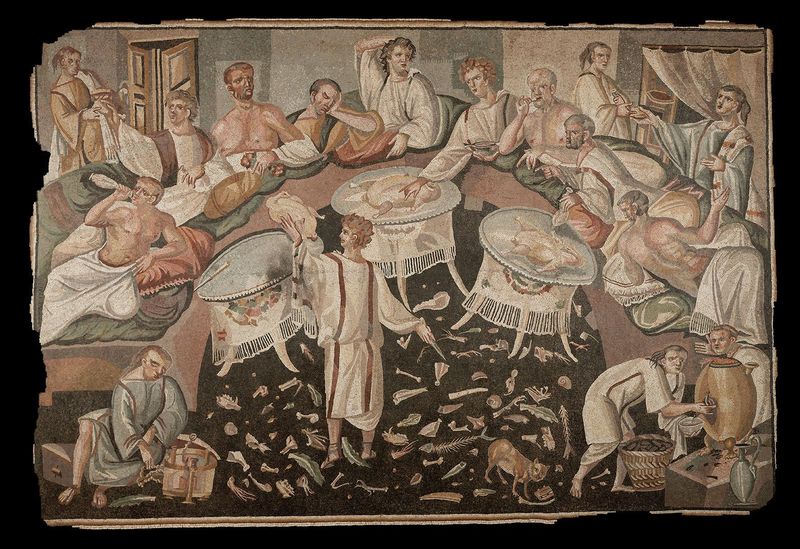
The city of Sybaris, renowned for its opulence, hosted lavish banquets that epitomized indulgence and luxury. These gatherings featured exotic foods, fine wines, and elaborate entertainment.
Sybarites reveled in pleasure, cultivating an image of excess and refinement that fascinated other Greeks.
This extravagant lifestyle became synonymous with decadence, contributing to the term “sybaritic,” describing indulgent living, and offering insight into the diverse cultural expressions within Greece.
The Bizarre Traditions of Knossos
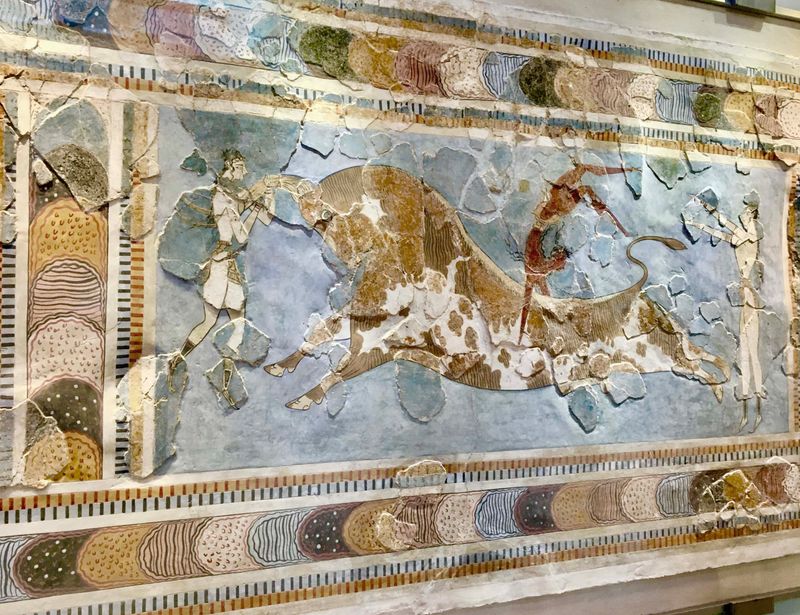
At Knossos, the Minoans practiced the unusual sport of bull-leaping, a ritual that combined athleticism with danger. Participants vaulted over bulls, showcasing skill and daring.
This tradition, depicted in frescoes, symbolized human mastery over nature and fate.
It reflects the unique cultural identity of the Minoans, highlighting their connection to the natural world and their influence on Greek myths and practices.
The Enigmatic Philosopher Heraclitus

Heraclitus, known as the “Weeping Philosopher,” pondered the nature of change, famously asserting, “You cannot step into the same river twice.” His ideas emphasized the constant flux of reality.
His cryptic writings challenged conventional wisdom, urging reflection on life’s impermanence and the dynamic nature of existence.
Heraclitus’ philosophy resonated through time, influencing thinkers across eras, and offering timeless insights into the human condition.
The Intriguing Art of Greek Pottery
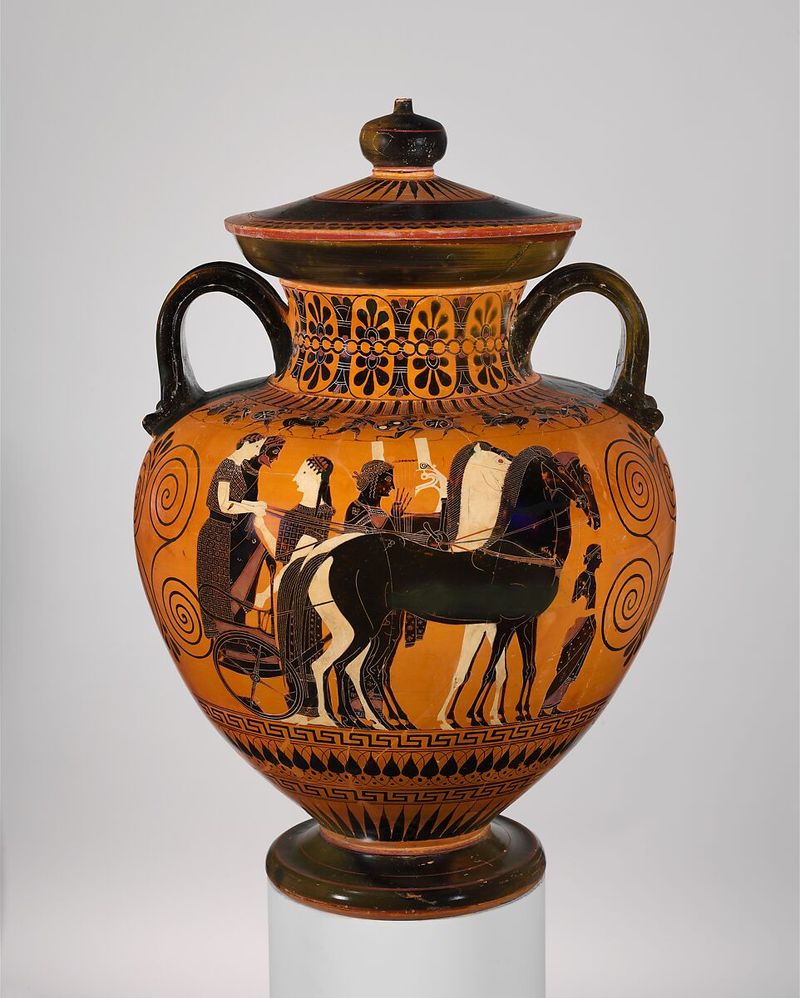
Greek pottery, an art form of exquisite beauty and utility, vividly illustrated daily life and mythology. Artisans crafted vessels with intricate designs, each piece a testament to skill and storytelling.
Pottery served functional purposes while also acting as cultural artifacts, preserving history and beliefs.
These masterpieces continue to captivate modern audiences, reflecting the artistic and cultural richness of ancient Greece, and offering insights into the lives of its people.
The Peculiar Practice of Ostracism
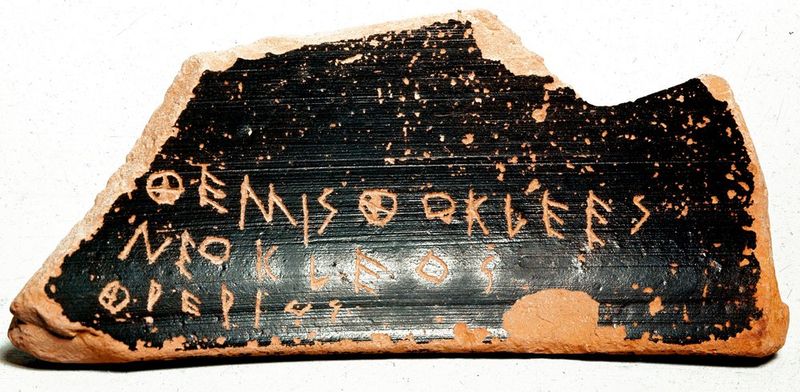
Ostracism was a democratic process in Athens whereby citizens could exile a person deemed a threat to the state. This peculiar practice involved writing names on pottery shards, with the most votes leading to a ten-year banishment.
While intended to protect democracy, ostracism sometimes reflected personal vendettas and political machinations.
This practice highlights the complexities of ancient governance, where maintaining stability often involved unconventional methods, balancing justice with power dynamics.
The Underworld of Tartarus
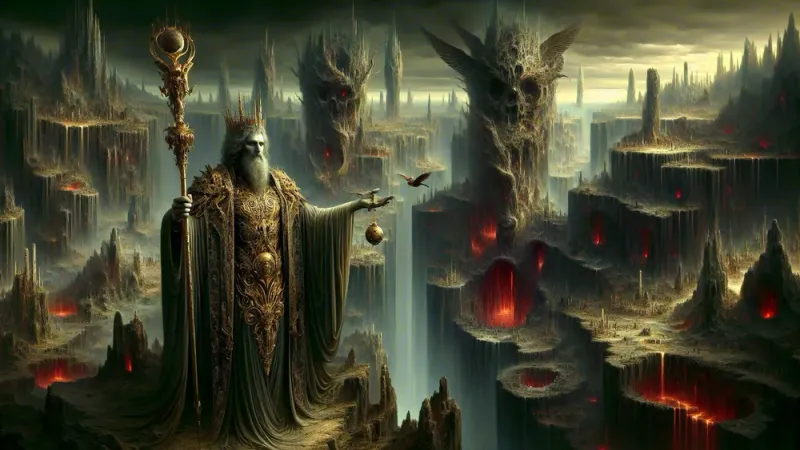
Tartarus, a deep abyss in Greek mythology, served as a prison for the wicked and a place of punishment. It was believed to be as far beneath the earth as the sky is above.
Here, the Titans were imprisoned, and souls faced eternal torment for transgressions.
This ominous realm underscored the Greeks’ concepts of justice and retribution, where divine punishment mirrored moral failings, a stark reminder of the consequences of one’s actions.
The Enigmatic Greek Fire

Mysterious and terrifying, Greek fire was a weapon that bewildered enemies and scholars alike. This liquid fire could burn on water, making it a formidable naval weapon. Its composition remains a mystery, despite many attempts to replicate it.
The Byzantine Empire used it to protect their cities and ships from invaders, ensuring dominance over the seas. Accounts describe the fire as spurting from tubes or thrown in pots, creating chaos and destruction on enemy vessels.
Did you know? Despite numerous theories, the exact formula for Greek fire was a closely guarded state secret, lost to history.
